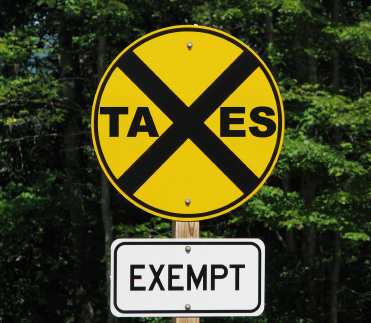Prime Minister Shehbaz Sharif rejected a proposal to waive the 18% sales tax on local supplies of commodities, raw materials, and machinery for registered exporters, citing concerns over potential backlash from the International Monetary Fund (IMF).
The Express Tribune reported that the decision came during a meeting at the Prime Minister’s House on Thursday, just before his departure for Belarus, where he sent the proposal back to a ministerial committee for further review.
The proposal, led by Planning Minister Ahsan Iqbal, had recommended restoring the sales tax exemption under the Export Facilitation Scheme (EFS), which had been abolished in June 2024.
The exemption would have applied to local supplies of goods used by exporters, but concerns were raised about the possibility of IMF objections to such a move. The IMF had previously opposed the tax waiver, citing its stance on fiscal consolidation and tax reforms as part of Pakistan’s ongoing economic stabilization efforts.
According to the report, the prime minister instructed the committee to ensure that any adjustments to the policy would not disadvantage local industries compared to tax-free imports. The 18% tax on local supplies has created an anomaly in the market, with exporters increasingly opting to import raw materials tax-free instead of sourcing them locally. This shift has led to significant financial losses for local manufacturers, especially ginning factories, who are unable to compete with imported goods due to the tax disparity.
The government is considering imposing the same 18% sales tax on imports to address the imbalance. Officials believe that this would level the playing field for local industries, allowing them to compete more effectively with imported goods and help stabilize the local economy.
However, the decision to do so is still under discussion, as it would need to be aligned with Pakistan’s broader fiscal policies and obligations with the IMF.
The Prime Minister also emphasized the importance of further consultations with experts and stakeholders to resolve the issue and improve the EFS. The committee will review the proposal to ensure that any changes made to the scheme will enhance the ease of doing business for exporters while still meeting the government’s fiscal needs.




